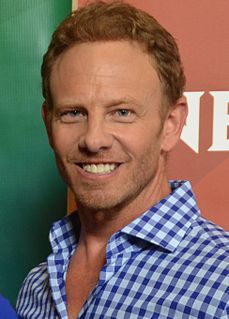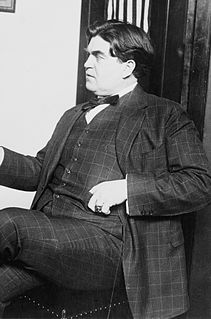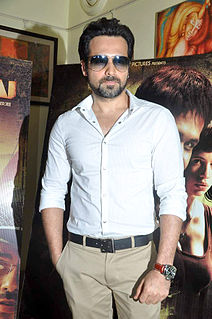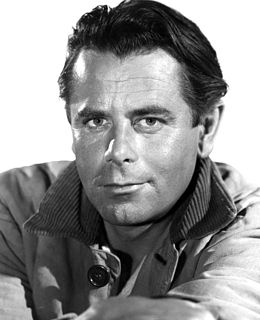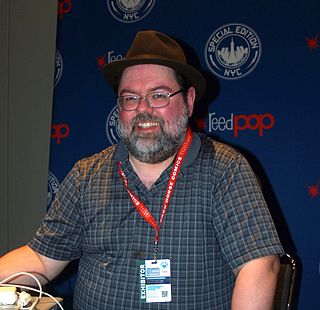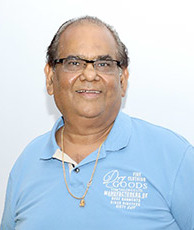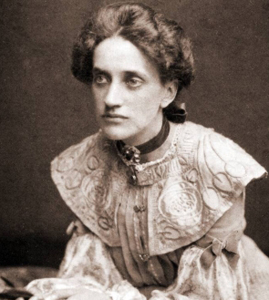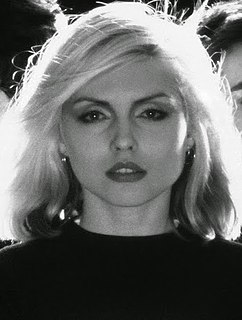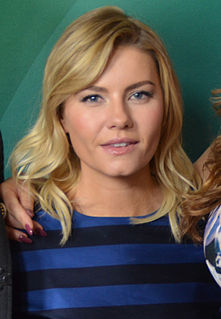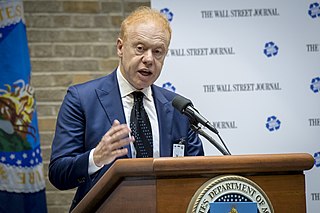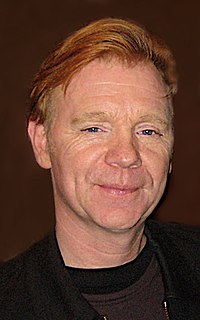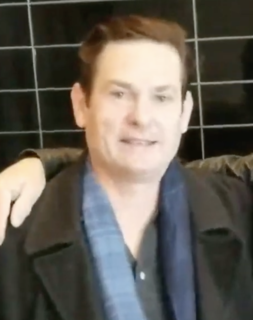Top 1200 Film Industry Quotes & Sayings - Page 16
Explore popular Film Industry quotes.
Last updated on November 17, 2024.
You know, with the film industry crews, there's an odd mix between a very technical and a very artistic approach to the work, and sometimes as a woman you have to be a little bit careful about how things come out because people don't really want to listen if it's in a certain emotional tone or too strong.
I'm ready for all forms of dialogue about the film The Conquest. There will be a lot of political talk, but I don't think the film itself will be scandalous. For the French, there are so many emotions relating to Sarkozy and politicians in general that I think the film will generate a lot of passion, whether it be negative or positive. Above all, it's a fictional film. It was important not to make a documentary and to really pay attention to the images. From the choice of the actors to the mise en scene, the film is completely cinematographic. It's not just a boring political movie.
The majority of America's colossal fortunes have been made by entering industries in their early stages and developing leadership in them.... Think of what opportunities the present and the future contain in such fields as ship-building and ship-owning, aircraft, electrical development, the oil industry, different branches of the automotive industry, foreign trade, international banking, invention, the chemical industry, moving pictures, color photography, and, one night add, labor leadership.
The film has succeeded in transforming subjects so indistinguishably into social functions, that those wholly encompassed, no longer aware of any conflict, enjoy their own dehumanization as something human, as the joy of warmth. The total interconnectedness of the culture industry, omitting nothing, is one with total social delusion.
One of my jobs was at a start-up ad agency. They were trying to do things differently, work with socially conscious clients, and to really be a more creative take on advertising than the industry itself. But I noticed that what the guys at the office were circulating for inspiration still came from within the ad industry. I thought that was really counterintuitive - to only borrow inspiration from within your own industry.
What I hope is that this wider pattern of films about slavery that's emerging isn't just a fad but evidence that we've turned a corner as filmmakers of color and that we're moving forward in our confidence and in the film industry not being afraid of our telling these stories and in giving us the opportunity to bring our vision to the screen.
It's funny what you really see when you're the subject of the completely bizarre gossip magazine industry. It's just like, 'WHAT?!?' All this stuff with Emilie [de Ravin, his costar in Remember Me] as well. The tabloids say stuff like 'They went on a date to an Indian restaurant.' We were doing a scene! There's a film crew there!
It used to annoy and frustrate me to have to come in and audition. I would say to my agents, 'Haven't they seen this film and this film and this film? They know what I look like... They must.' Until I directed an episode of 'Roswell.' And all of a sudden, I realized why that was such an important thing.
If I could get any semblance of, not really anonymity, but control over my public image, that would be nice. But no, I think it's impossible [to maintain that], for one thing. I don't think anyone can do that, apart from Denzel Washington. It's a strange place that the film industry is at, where you can just play superhero after superhero.
In any film business, if you're trying to get your next film made, you would never say, 'Oh, my last film was a cult film.' I'd say, 'Oh, great, well I hope this one isn't!' I always say to Johnny Knoxville, 'How do you do it? You sort of do the same thing we did, except you made millions, and I made hundreds.'
